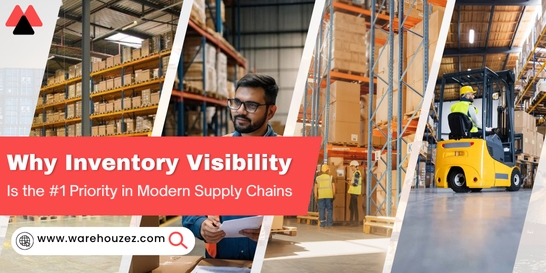The 7 Rs of Logistics and Supply Chain Management: Modern Strategies for Success
The 7 Rs of Logistics and Supply Chain Management: Modern Strategies for Success
Have you ever wondered what separates an efficient supply chain from one that constantly misses deadlines ...
Read More


